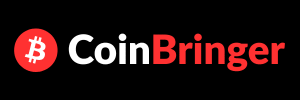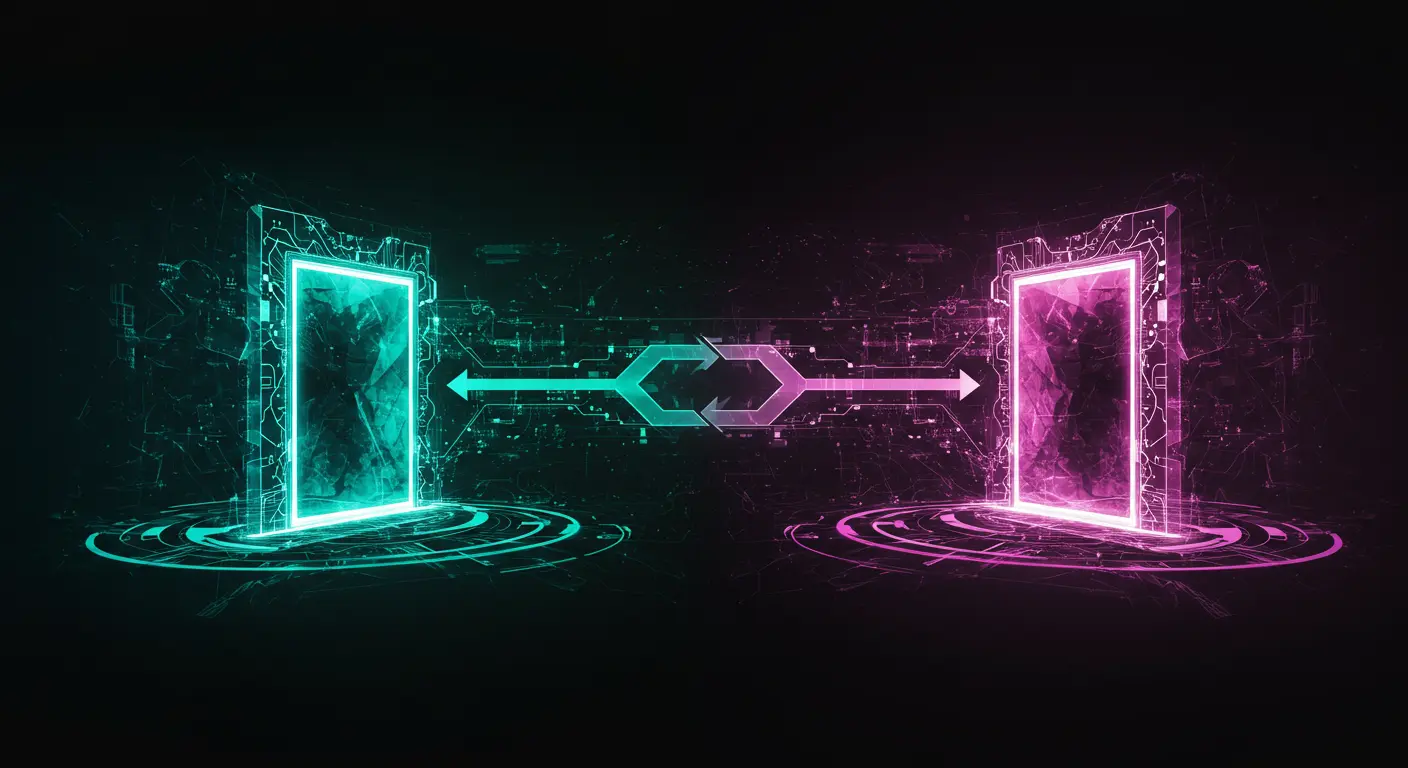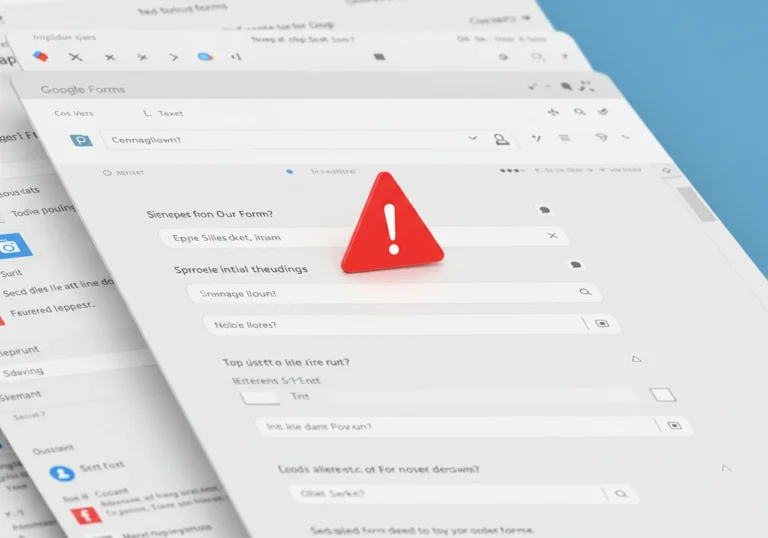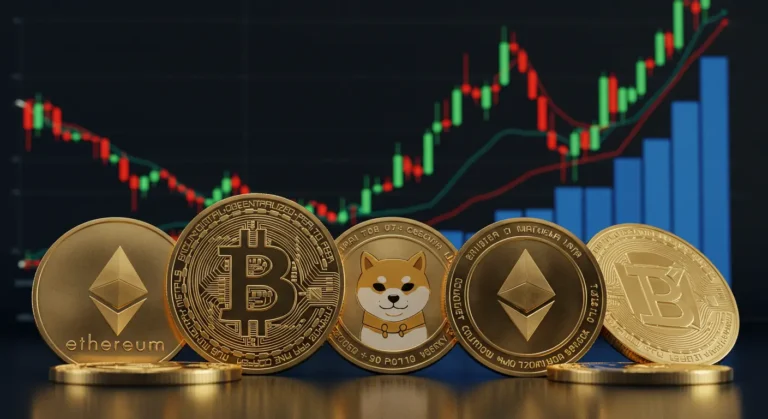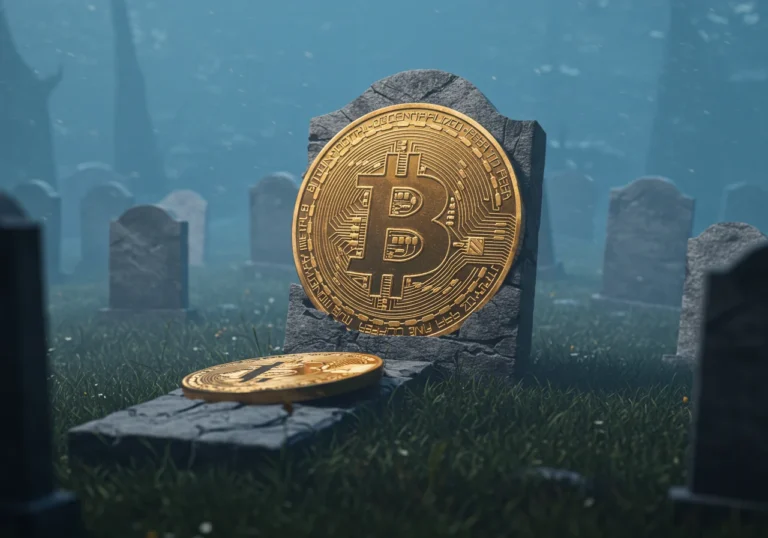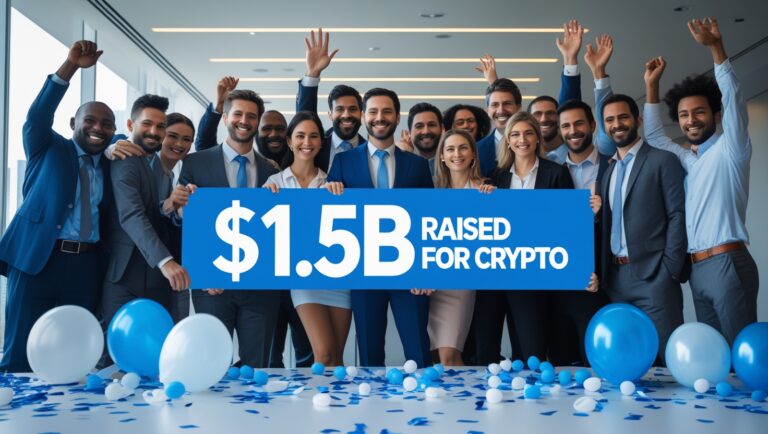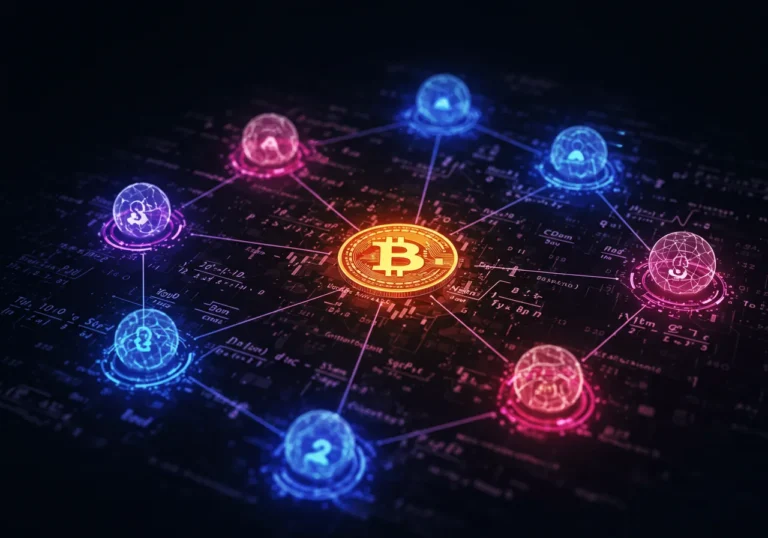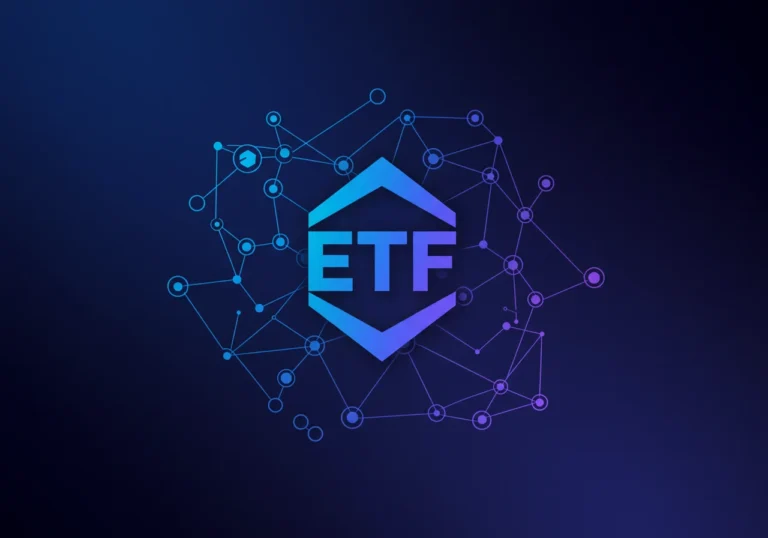Blockchain Oracles: Securely Connecting Real World to Crypto
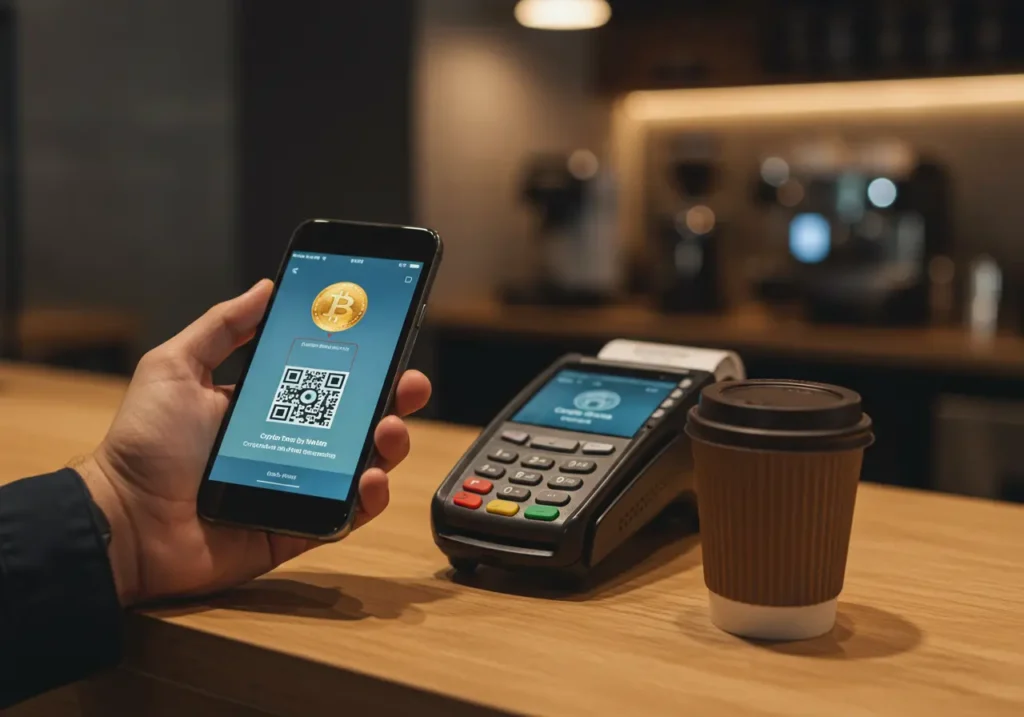
Imagine you’re at your favorite shop, sipping a latte. You decide to pay with cryptocurrency, something digital and cool. You scan a code with your phone, and the payment’s done. But here’s a question that pops into my head: how does that crypto stuff know what your latte costs in dollars? That’s where something amazing comes in—blockchain oracles. They’re like little helpers that carry news from the real world to the crypto world, keeping everything working smoothly.
I’m so glad we’re talking about this because blockchain oracles are a big deal, and I want to explain them to you like we’re just chatting. By the time we’re done, you’ll see how these oracles are the secret glue tying our everyday lives to the digital money future. Let’s jump in!
What Are Blockchain Oracles, Anyway?
The blockchain is like a super-safe, locked box. Inside, it can do all kinds of clever things—like sending crypto or making deals happen on its own. But here’s the catch: it’s so safe that it can’t look outside. It doesn’t know if it’s raining, what time it is, or how much a burger costs. That’s where oracles step in. They’re like friends who run out, check what’s happening, and whisper the info back to the blockchain.
Let’s say you and I make a bet using crypto. We agree that if it rains this afternoon, I’ll send you $5 worth of crypto. The blockchain can hold our bet and send the money, but it can’t watch the sky! An oracle can. It checks the weather and tells the blockchain, “Yep, it’s raining,” so the deal happens fairly. That’s what I mean by connecting blockchain to real-world data—oracles make it possible.
Why Do We Even Need These Oracles?
Okay, so why doesn’t the blockchain just figure things out itself? Well, it’s built to be super careful. It only trusts what’s already inside its little world. That keeps it safe from cheats or hackers, which is awesome. But it also means it needs help to know stuff like the price of gas or who won a soccer game.
Oracles are the key to making oracle-based smart contracts work. Those are like little promises written in code that do things automatically—like paying you if a flight’s delayed. Without oracles, those promises would be stuck, unable to see what’s going on out here with us. They’re a bridge, and honestly, it’s pretty cool how they link everything together.
How Do Oracles Do Their Job?
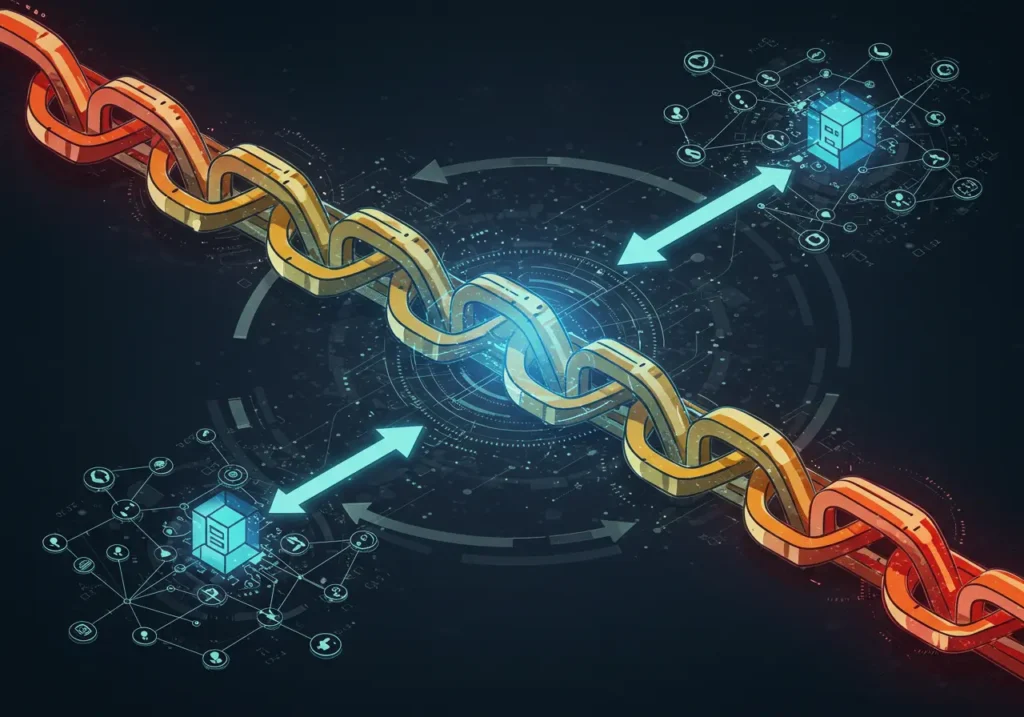
Let’s break it down simple. Imagine the blockchain is a kid in class, raising its hand with a question: “Hey, what’s the temperature outside?” The oracle is like the teacher’s helper who runs to the window, checks, and comes back saying, “It’s 70 degrees!” That’s the basic idea.
They Fetch the Info
When the blockchain needs to know something—like how much a stock is worth—an oracle goes out and finds the answer. It might look at a website, a weather station, or even a sports score. Then it brings that info back, integrating external data into the blockchain so everything keeps moving.
They Make Sure It’s True
But wait—what if the oracle gets it wrong? Or what if someone tries to trick it? That’s a big worry, right? Here’s the neat part: good oracles don’t just trust one source. They’re like a group of friends double-checking each other. If most of them say, “Yeah, the stock price is $50,” then that’s what the blockchain hears. This data verification on the blockchain keeps things honest and safe.
Why Blockchain Oracles Matter for Money Stuff
One of the biggest places oracles shine is in something called decentralized finance—or DeFi for short. Don’t let the name scare you; it’s just a way to use crypto for things like borrowing or trading without a bank. I love how it gives us more control, but it wouldn’t work without oracles.
Helping with Loans and Trades
Say you want to borrow some crypto to buy a new phone. The app you’re using needs to know how much your crypto is worth right now. Oracles tell it, “Hey, your crypto’s worth $100 today,” so you can borrow the right amount. Same goes for trading—decentralized financial applications need up-to-date prices, and oracles deliver.
Everyday Examples
Think about insurance, too. If you’ve got a deal that pays you if a storm hits, the oracle checks the weather and says, “Yep, storm happened,” so you get your money fast. It’s like having a friend who’s always got your back, making sure the blockchain knows what’s up.
Keeping Things Safe and Trustworthy
Now, I bet you’re wondering: “Can we really trust these oracles?” It’s a fair question! Trust is huge in the crypto world because no one wants to lose their money to a mistake or a lie.
Oracles have some smart tricks up their sleeves, like trust solutions for blockchain. They don’t just grab info from one place—they check lots of spots, like different news channels agreeing on a story. Plus, they use something called decentralized data security, where lots of oracles team up to make sure the info’s right. It’s like a group project where everyone has to agree before it’s final.
This teamwork also helps with protection against data manipulation on the blockchain. No one can sneak in fake info if the whole crew’s watching. That’s why oracles make everything feel solid and reliable.
Real Ways Oracles Help Us Every Day
Let’s look at some examples that make this real. I think you’ll see how handy oracles are when we put it like this.
Farmers and Weather
Imagine you’re a farmer worried about dry weather ruining your crops. You sign up for a crypto deal that pays you if it doesn’t rain enough. The oracle keeps an eye on the weather and tells the blockchain when it’s time to send you cash. No waiting, no hassle—just help when you need it.
Sports Fun
Love sports? You can bet on your team with crypto. When the game’s over, the oracle checks the score and tells the blockchain who won. If your team’s the champ, you get paid right away. It’s fast and fair, thanks to oracles predicting events on the blockchain.
Shopping with Crypto
Back to that coffee shop—if prices change, oracles let the blockchain know what your latte costs today. It’s like having a price tag that’s always up to date, so you can shop with crypto anywhere.
What Could Go Wrong?
Nothing’s perfect, so let’s talk about a couple of bumps oracles might hit. I want you to know the whole picture.
Mistakes Happen
There’s something people call the “oracle problem.” It just means that if an oracle messes up—like saying it’s sunny when it’s pouring—the blockchain might do the wrong thing. That’s rare, especially with those group-check oracles, but it’s good to know.
Time and Money
Sometimes, oracles take a little time to grab info, like waiting for a slow website to load. And some might charge a tiny fee to do their job. It’s not a big deal usually, but folks are working to make it faster and cheaper every day.
Picking a Good Oracle
If you ever need to choose an oracle—or just want to sound smart about it—here’s what to look for:
- Lots of Helpers: Pick one that checks with a bunch of sources, not just one.
- Good Track Record: Go for oracles that people trust because they’ve been right before.
- Safety First: Make sure it’s tough for anyone to trick it.
That’s how you get transparency and reliability on the blockchain. Easy, right?
What’s Next for Oracles?
I get excited thinking about where this is all going. Oracles are going to help blockchain do even bigger things soon. Imagine cities where traffic lights talk to the blockchain, using oracles to know when cars are coming. Or tracking food from the farm to your plate, with oracles making sure it’s all safe. Even hospitals could use them to share info securely.
It’s like oracles are opening doors to a future where our real lives and the digital world work together better than ever. I can’t wait to see it!
Wrapping It All Up
So, there we are—blockchain oracles are these quiet, amazing helpers that bring the outside world to crypto. They make sure your bets, your shopping, and even big ideas like DeFi work without a hitch. They’re safe, they’re smart, and they’re changing how we use this digital stuff every day.
Next time you pay with crypto or hear about some wild blockchain idea, think about those oracles behind the scenes. They’re the ones making it all possible, and now you know their story. Pretty awesome, huh?
Main Points:
- Oracles carry real-world info—like prices or weather—to the blockchain.
- They help crypto do cool things like pay for stuff or make automatic deals.
- They work in teams to keep info safe and true, so we can trust them.
- Oracles are used for farming, sports, shopping, and more.
- They’re setting us up for a future where crypto and real life mix perfectly.
Table of Contents

Hello, I’m Edmilson Dias, founder of CoinBringer. I created this platform to guide people through the fast-moving world of cryptocurrency with clarity and safety. With years of research in blockchain and digital security, my goal is to translate complex topics into practical knowledge, offering reliable tutorials, safety insights, and guidance for both newcomers and experienced users.
Discover more from CoinBringer
Subscribe to get the latest posts sent to your email.
